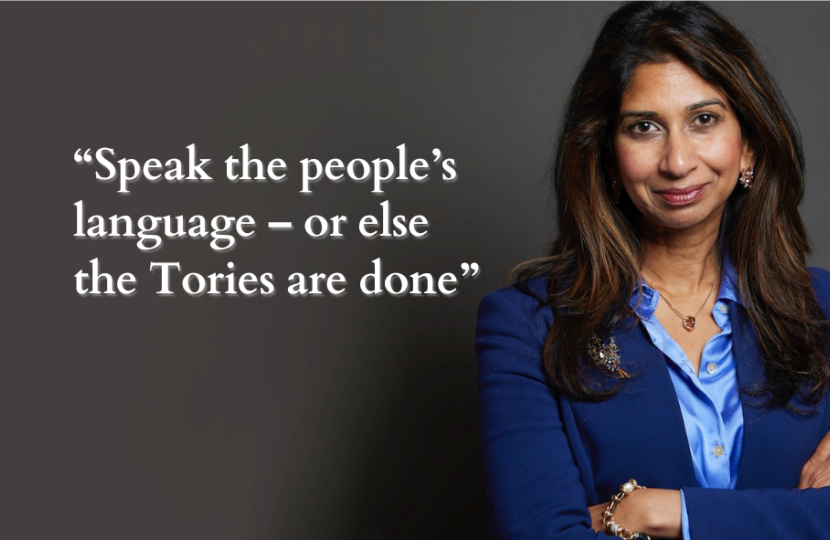
The Telegraph, 10th Nov 2024
Speak the people's language – or else the Tories are done
If we don’t learn from Trump’s win, Labour’s dominance will simply continue unabated
Donald Trump’s victory, for many, marks a return to sanity, a reassertion of national priorities over elite posturing, and a powerful message from Middle America to the Washington elite. But the global media and Western pontificators are clutching their pearls in dismay.
Having been one of the first British MPs to speak openly in Trump’s support – much to the raised eyebrows of several colleagues – I find it fascinating to observe this transatlantic divide. Here in Britain, the mere mention of Trump sends shudders through the establishment.
His bold, unapologetic style and his determination to disrupt the status quo are viewed with open hostility by a class that prides itself on civility, often at the expense of action. But one has to ask: if Trump’s message is so distasteful, why do millions still stand behind him? Why did more women, more minorities and more disenchanted working-class Americans show up to back this “divisive” figure than ever before?
First, one doesn’t have to be a Trump devotee to recognise that his policy platform tapped into real issues. Real, not theoretical; urgent, not abstract. This election was fought on the grounds of the economy, border security and national pride. The average American – much like the average Briton – is fed up with the relentless march of inflation and a cost of living crisis exacerbated by out of control government spending.
In the UK, the Government ought to take note: if you don’t address inflation, control immigration and protect our borders, you too will be swept aside by those who do. Nor can you coast on a “Ming vase strategy” – pretty and fragile, but lacking any substance – while the foundation of people’s lives crumbles. People want answers, not virtue-signalling rhetoric.
Second, it’s that relentless character attacks do not work. The knee-jerk labelling of opponents as “fascist”, “racist” or “misogynist” has become a dull refrain that no longer scares but instead alienates. The Left may believe it holds the moral high ground, but to the ordinary person it often appears demented. The more you vilify, the more you strengthen your opponents. Brexit, Boris, Trump: how many times must the Left endure this lesson?
Third, one of the most telling aspects of this election was the profound shift in campaign strategies. The Democrats wielded staggering financial resources, an army of field staff and celebrity endorsements. Yet all of it fell short because the message was muddled. What people want is a vision they can rally around. Hollywood may shout loudly, but the American people weren’t listening. Here, the warning to Labour couldn’t be clearer: star power means little if you don’t have a plan. Substance, not sparkle, wins elections.
And last, for the polling industry, once again, this election has laid bare a deep and systemic flaw. As in 2016, a chasm yawned between what the polls suggested and what the people actually did. Why? The polling establishment seems unwilling to confront its own biases and embrace the simple truth: conservative voters don’t fit neatly into their models. This gap is not just an American problem; it is found here, too.
Fundamentally, this victory represents a realignment in American politics that Tories should watch with keen interest. Prof Matthew Goodwin’s concept of the “great alignment” – a unification of economic and cultural concerns under a conservative banner – is more relevant now than ever. American voters have rejected the progressive orthodoxy of “woke” agendas, opting instead for the basics: security, prosperity and national pride. This is not merely a return to conservative values; it is a reassertion of common sense.
Trump’s win is a stark reminder that people still care about economic opportunity and cultural preservation, not merely theoretical debates about identity and privilege. For us Tories, who now face an emboldened Labour, the lesson is simple: address the concerns of ordinary Britons or risk losing them entirely.

